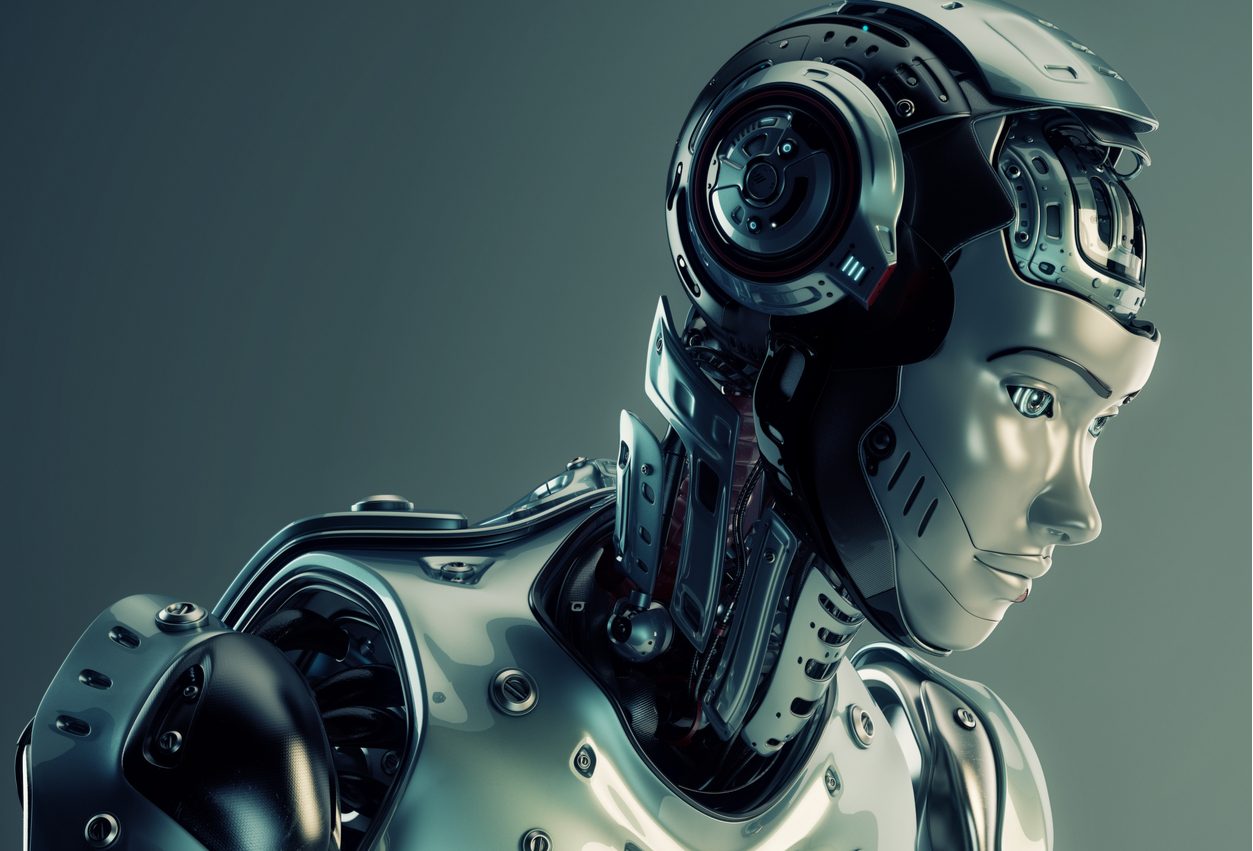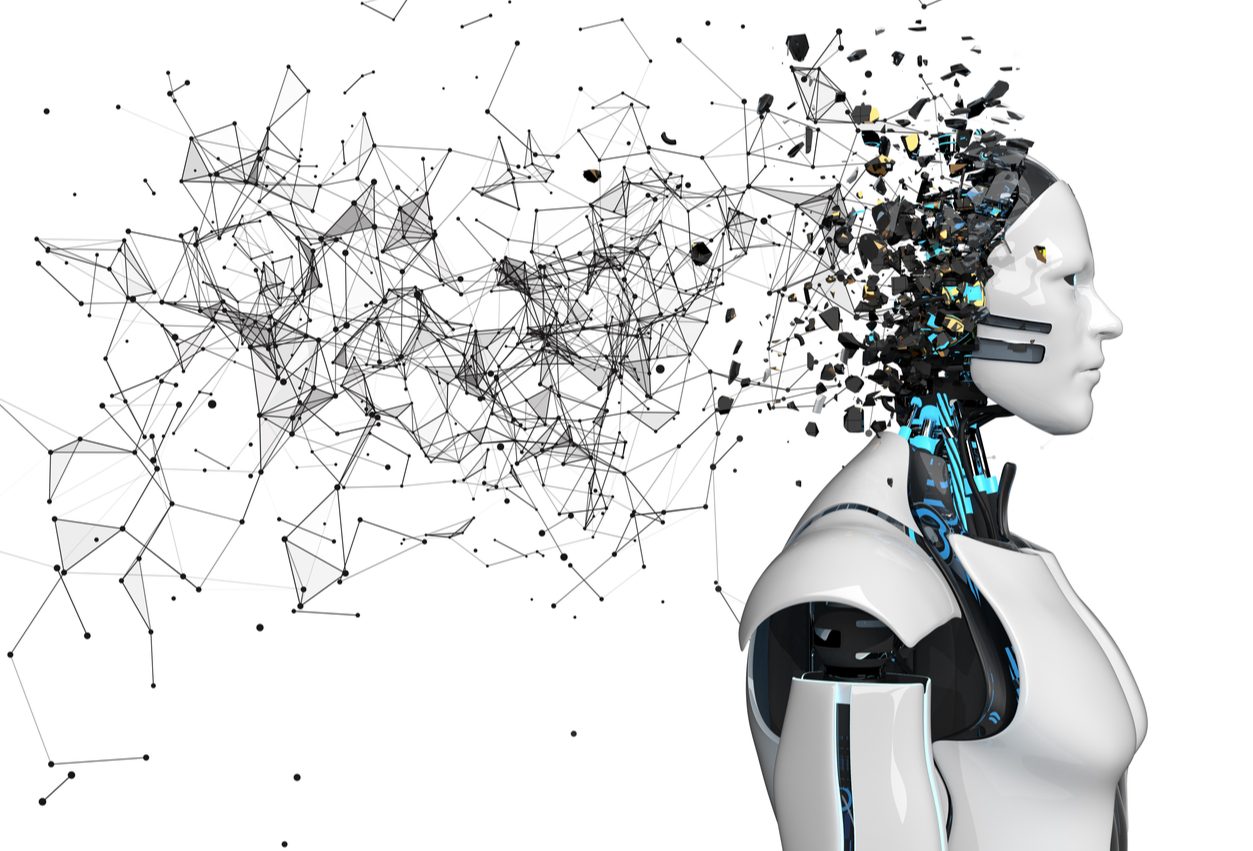Until very recently, artificial intelligence was itself considered an invention. As it turns out, now it might be able to predict future discoveries using the Machine-Learning Algorithm.

People, or more precisely, scientists with the will to create a new invention are forced to constant learning and acquiring the knowledge from various sources; but above all, they have to process the absorbed knowledge and sort many facts out. Sometimes it turns out to be quite a challenge and in this area, AI can significantly outperform humans. According to recent reports, researchers from Lawrence Berkeley National Laboratory have created an algorithm called Word2Vec, that can retrieve information from scientific literature and uncover new scientific knowledge.

How it was possible?
To train the algorithm, researchers gathered over 3.3 million abstracts from materials science papers published between 1922-2018. Word2vec has extracted about 500,000 different concepts, chemical names or structures from these documents. Then Artificial Intelligence processed them and by analyzing which words are related to each other, linked them together – in this way AI was able to itself define the concept (unsupervised machine learning). As it turned out, the words related to thermoelectric material found in many abstracts have never been included as such before.
How do the inventions are connected with it? It turns out that the algorithm could be used to “find complex relationships and identify different layers of information, which would be virtually impossible to carry out by humans.” In this way, one can have insights much faster with the help of AI than a human being can currently do. What’s more, AI could suggest materials for functional applications much earlier before they were actually discovered. Interestingly, artificial intelligence could predict 5 such examples.
For instance, the algorithm was able to identify CsAgGa2Se4as substance as a thermoelectric material that was only discovered by scientists in 2012. In this case, if the algorithm existed three years earlier, it could significantly expedite the discovery.
The achievements of today’s technology raise the question will the machines be able to match the intelligence of people in the future? Experts have very divided opinions on this subject; some believe that this will never happen, while others claim that by observing the dynamic technological development it can be achieved. And although AI cannot be taught human creativity right now, it is visible that it highly outperforms humans when it comes to complicated calculations and the processing of a great amount of information.
We believe, that despite the concerns which the development of artificial intelligence rises, in the future we will only benefit from its blessings.
DB
Source: newscenter.lbl.gov, theconversation.com



Cellebrite chwali się, że złamie zabezpieczenia każdego iPhone’a